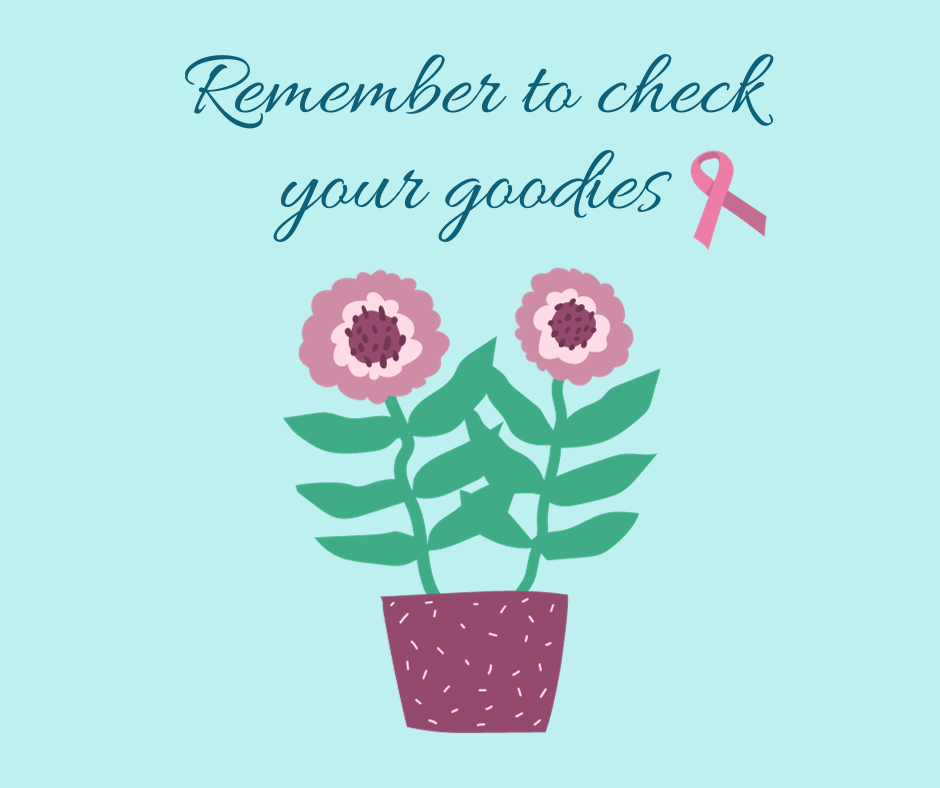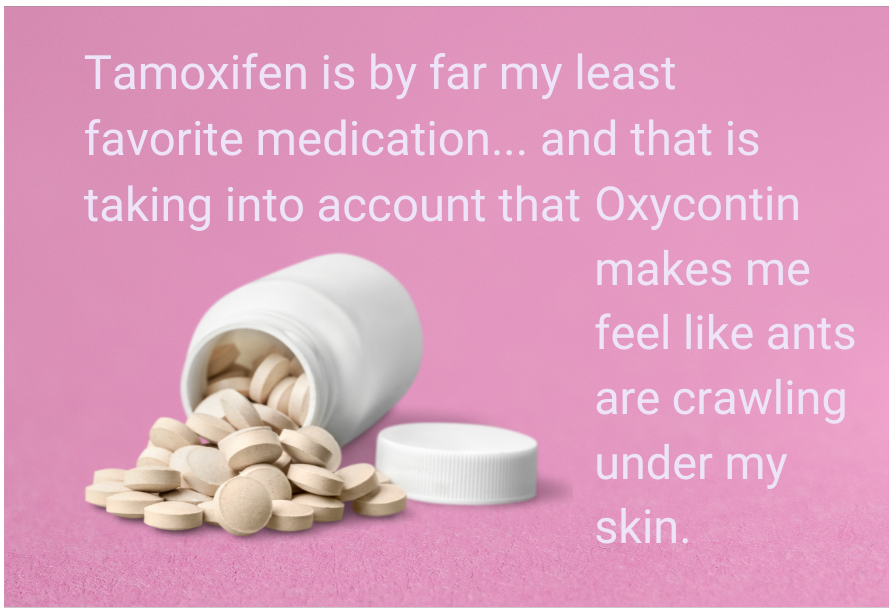Using cancer as a plot device is a lazy crutch

I haven’t written anything for awhile. In early May 2023, I got a little distracted when I was diagnosed with cancer. Just as the school year was wrapping up and I was preparing for summer freedom (when I’d most certainly get back to editing my novel), I received this life-changing bad news.
To clarify, I had very early stage 1A breast cancer that was found after a routine mammogram followed by an ultrasound, which was necessary to image anything within my very dense breast tissue. But I’m lucky. The tumor was only eleven millimeters long and five millimeters wide—about the dimensions of my pinky fingernail. After the scary biopsy, scary cancer confirmation, scary MRI, scary surgery and scary genetic testing, I learned that my cancer was positive for estrogen and progesterone receptors and I was negative for HER2 and the BRACCA gene marker that would increase my risk of reoccurrence. My recommended treatment was surgical removal (I opted for a lumpectomy since the cancer was so small and easy to reach) followed by twenty radiation treatments. My prognosis for a complete cure is excellent with years of hormone therapy, which I’ll likely start soon. (See endnote)
Learning that you have cancer comes with terrible emotional baggage. Even without any lymphatic infiltration (such a relief!), I have pain, swelling, and irritation from surgery and radiation and I’ll have at least five years of recommended drug therapy—basically it will launch me directly into menopause. Then there is the worry about a reoccurrence in the future, the horrible feeling that my body has betrayed me, and the general sadness that I have a different medical future than I expected. I am no longer “healthy” in my midlife.
As I’ve begun processing all this—after the initial shock and numbing for several weeks with copious alcohol use and a previously planned family trip to Europe (what timing!)—I’ve become aware of a phenomenon I now deplore. You know how if you are looking to buy a certain type of car, you start seeing them everywhere? Similarly, in my newly sensitized state I’ve noticed that writers often use cancer as shorthand. Many movies, books, and streaming shows are guilty of this. I’m here to tell you it is damn hard to use media to escape from the reality of cancer if every other program or book includes a character with cancer. But it is not only that personal hell of constant reminders making me angry. My writer self if is angry that this trope is plain lazy.
Sometimes a character with cancer is a important part of the plot—see Firefly Lane on Netflix. That show was really painful to watch while going through cancer treatment, but this plot point was crucial to the development of the story. However, this show is the one of very few examples where that is true that I’ve come across and I’ve seen many stories in these past months that are guilty of using cancer as shorthand.
Once in awhile, a character is diagnosed with cancer as a part of the plot—see Firefly Lane on Netflix. Without sharing spoilers, it was tough to watch during treatment, but it also helped me personally grieve when I hadn’t yet allowed myself to do so.
Breaking Bad, also on Netflix, is another show I recently revisited where a character being diagnosed with cancer is a main plot point. In fact, Walter White’s lung cancer is the inciting incident for the entire show. If Mr. White hadn’t needed money for treatment and felt he had nothing to lose, the chemistry-teacher-turned meth-cook storyline would not have been plausible.

So here are a few general examples of ways that a writer may use cancer to concisely describe character traits and relationships. The narrator meets a widower love interest who’s wife died of cancer, meaning: The widower is wounded and has deep emotional baggage that comes with watching a loved one suffer. Or perhaps the narrator lost a parent to cancer as a child, which means they have abandonment issues and had to grow up too soon. Another plot device using cancer may be that a main character lost a good friend or romantic partner to cancer and they either stepped up to help with caregiving—which means they are caring and loyal, yet wounded—or they avoided the difficult degeneration of their loved one by hiding from the disease—which means they carry both guilt and a chip on their shoulder. You can see how cancer is often used as a stand in for developing emotional ties with a character by demonstrating their behavior or sharing thoughts and feelings with an inner monologue. It can be a perfect vehicle to make your reader or viewer quickly feel something for a character, whether that is sympathy or contempt.
My mild rage at this shortcut stems from feeling used. Anyone who has been personally touched by cancer—quite a good number of us—will probably relate to this sentiment. We already have so many BIG feelings about cancer and what it means for the rest of our lives and then these writers come along and pluck our heartstrings for their personal gain. Writers could instead work on building emotional bonds with characters around other plot devices, and they often do. I’m just over here noticing how often that plot device is cancer. I never thought I would long for more depictions of car wrecks, natural disasters, or hell how about simply different illnesses to kill off your characters. I mean, sure they don’t all have the built in gravitas that comes from assigning cancer as the cause of death, but at least I could enjoy a book without being distracted that someone “died of cancer” and facing all the questions a cancer survivor runs through upon hearing this. We wonder what stage and type it was or what treatments they had (although we are guessing not chemo because that would have been mentioned since it has the capacity for instilling instant pity).
Writers, will you please give me a break and choose to kill off your characters in some other way? I’m asking as a personal favor to me and the other 1 in 8 women who will be diagnosed with breast cancer during our lifetimes. Thanks for your consideration.

End note: Hormone blocking medications are standard treatment protocol for any breast cancer with estrogen positive or progesterone positive receptors–which accounts for a majority of breast cancer tumors. A normal course of treatment lasts for 5-10 years after a diagnosis of breast cancer, and these drugs are also very difficult for many people to tolerate. Read: This will likely be the main subject for a future ranting blog post.

